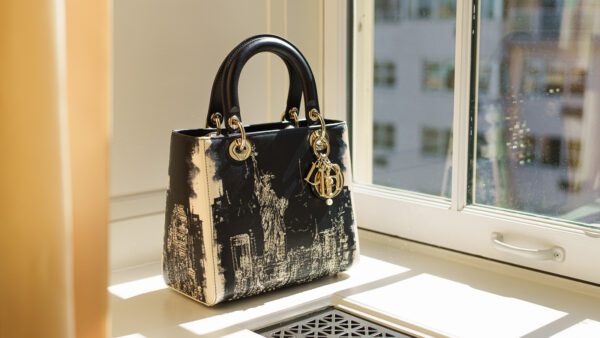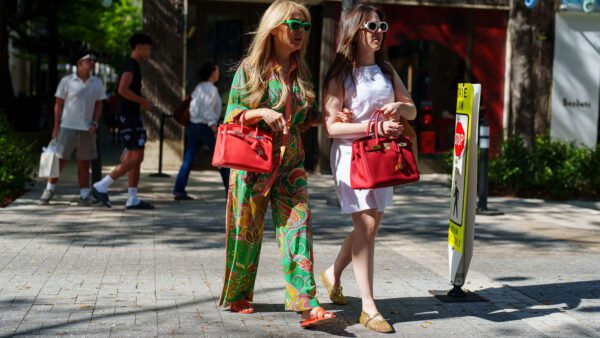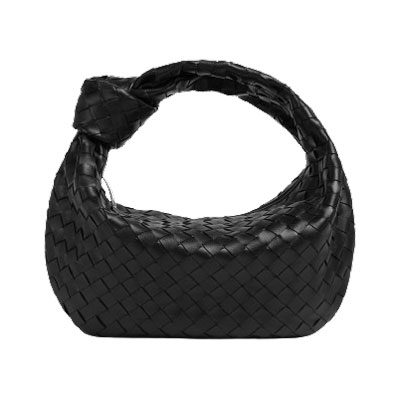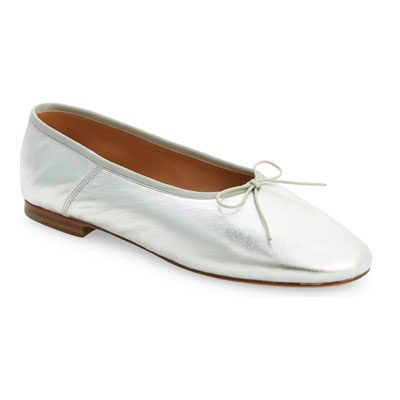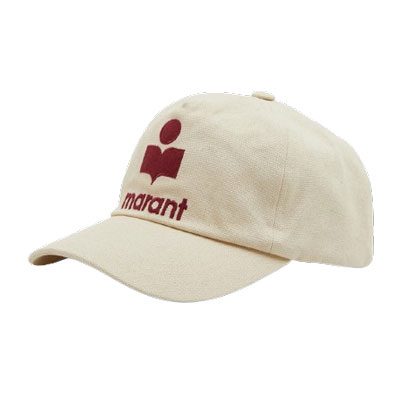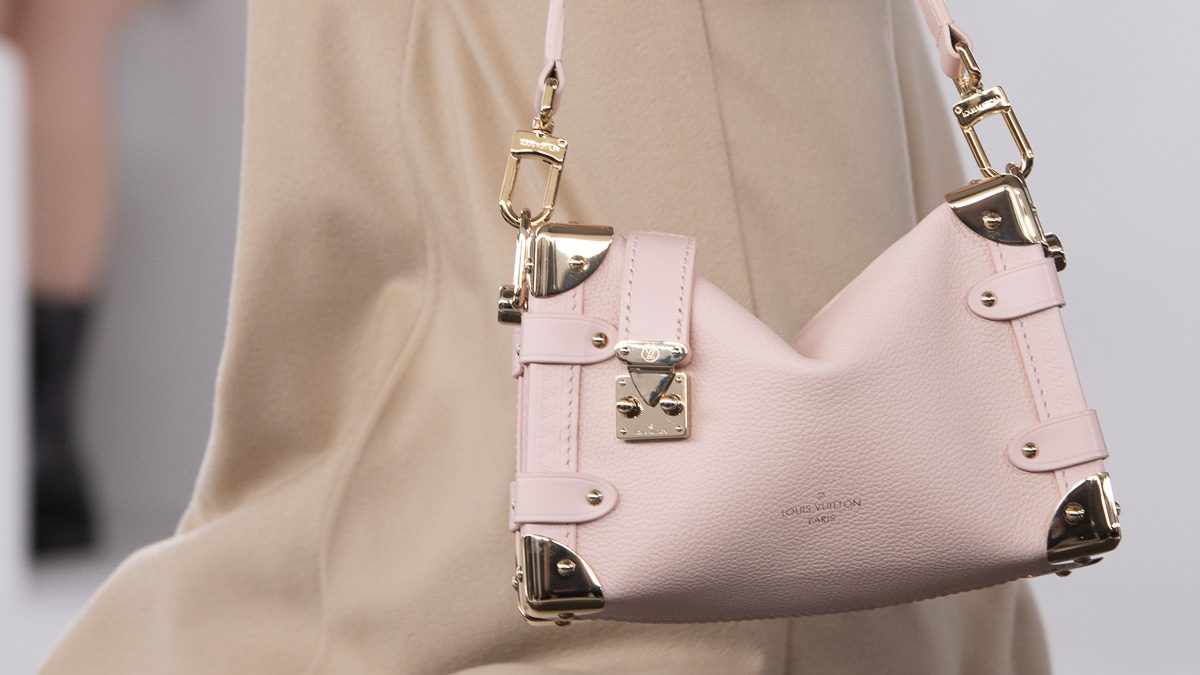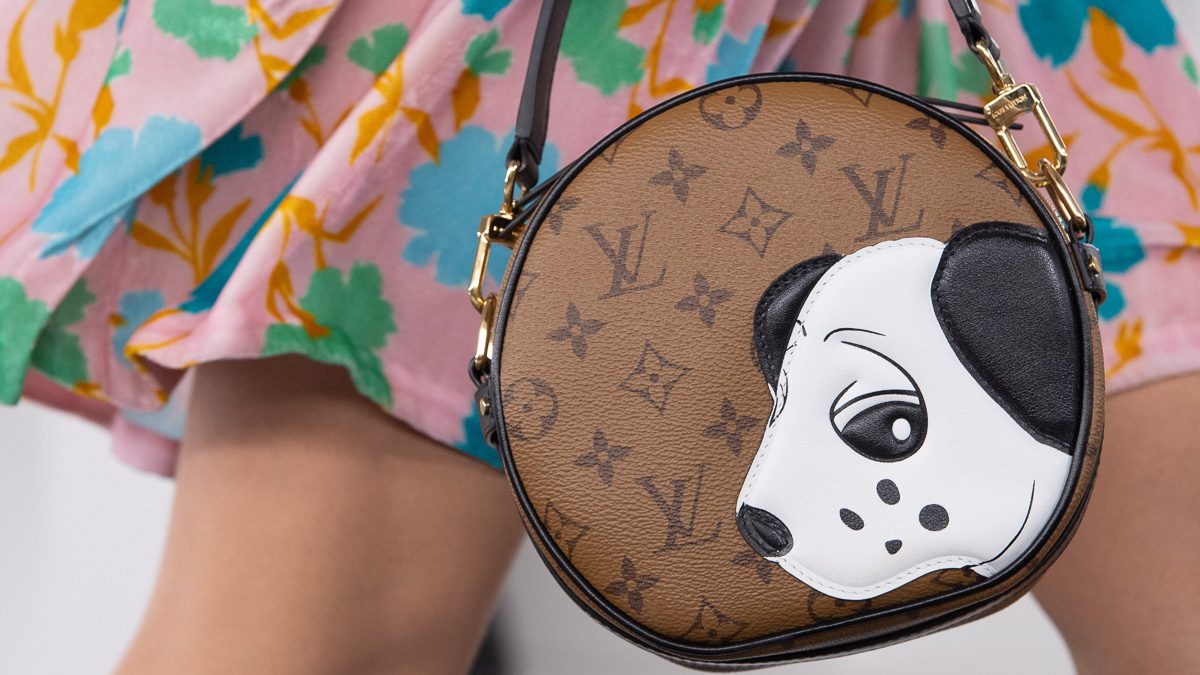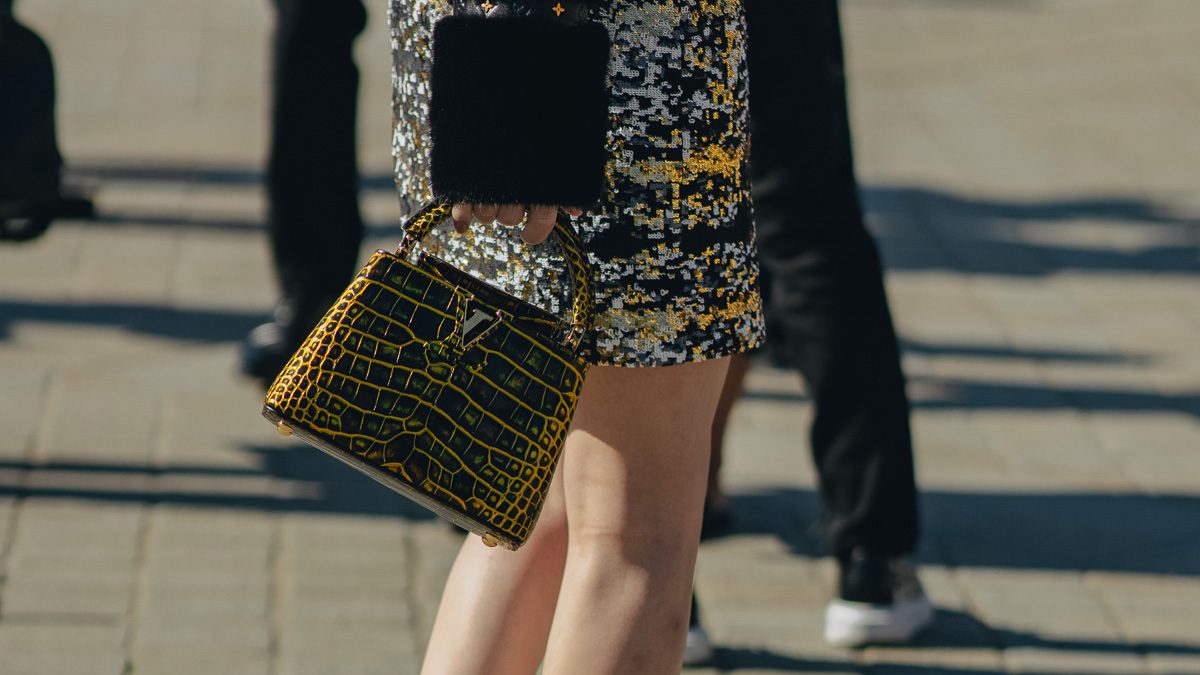Wednesday’s news that Marc Jacobs would make his Louis Vuitton Spring 2014 show his last as the creative leader of the brand was a lot of things, but it wasn’t exactly surprising. Rumors had been swirling for months that talks to extend Jacobs’ 16-year tenure at the brand weren’t going anywhere, and in the days before the show, news outlets like Women’s Wear Daily reported that the decision had been made that Jacobs would leave to focus on expanding his own brand, in which LVMH is a major investor. It’s a major move that has a lot of implications across the fashion industry, starting with the rumors about who will take over at Louis Vuitton and what it means for the brand’s bags.
As much as Jacobs’ tenure at Vuitton is associated with prolific handbag sales and the emergence of Vuitton’s enormous profile among fashion lovers, the move (which Jacobs’ claims was made the morning of the Spring 2014 show – I’m not sure that I believe him) comes at a fortuitous time for brand. LVMH has made no bones about its desire to steer Louis Vuitton in the direction of more traditional luxury, and Jacobs’ aesthetic has always been more driven by splashy visuals and pop culture references than by what looks or feels obviously expensive. That served LV well for the better part of two decades, but as the tastes of high-end consumers shift to something more streamlined and, at times, discreet, it only makes sense that a change in creative talent would hasten Vuitton’s aesthetic shift. Not to mention that attaching a new name to a brand can powerfully alter consumer expectations and perceptions, beyond those based purely on aesthetics. If Vuitton wants to ask consumers to think of it differently, offering a completely new perspective increases the odds that consumers will be willing to listen.
Former Balenciaga creative director (and creator of the enormously successful Motorcycle Bags) Nicolas Ghesquiere is the most oft-heard name to replace Jacobs, and he’s rumored to have been in talks with LVMH for some time now. Those talks have yet to prove conclusive, but he would likely be the best choice for such a huge role. Not only is Ghesquiere widely considered a genius within the industry, but he’s the kind of big name that would excite fashion people and general consumers alike. Not only that, but he has proven skill at creating incredibly popular handbags, a category which is still Vuitton’s bread and butter and likely will be for the foreseeable future, if not forever.
That leaves Marc Jacobs, of course. He and LVMH head Bernard Arnault have gone out of their way to assure the public that the parting of Jacobs and Vuitton is an amicable one. (Jacobs thanked him by name in his final show’s notes, and they did an interview together afterward.) The most oft-heard explanation (and the one reiterated by Jacobs himself) for the split is that he wants to focus on his own brands, which have grown slightly dusty by certain measures in recent years. The company recently expanded into cosmetics, though, and with the kind of brand recognition that they have, there’s certainly room and opportunity to grow with all of Jacobs’ creative energy focused on their revival. The hope seems to be for an IPO in the next few years, perhaps inspired by Michael Kors’ recent public offering.
With all that in mind, the split between Jacobs and Vuitton may prove to be a well-timed one for both sides of the business. It still seems strange to consider a post-Marc Jacobs Louis Vuitton, but undoubtedly, the show will go on for all involved.


